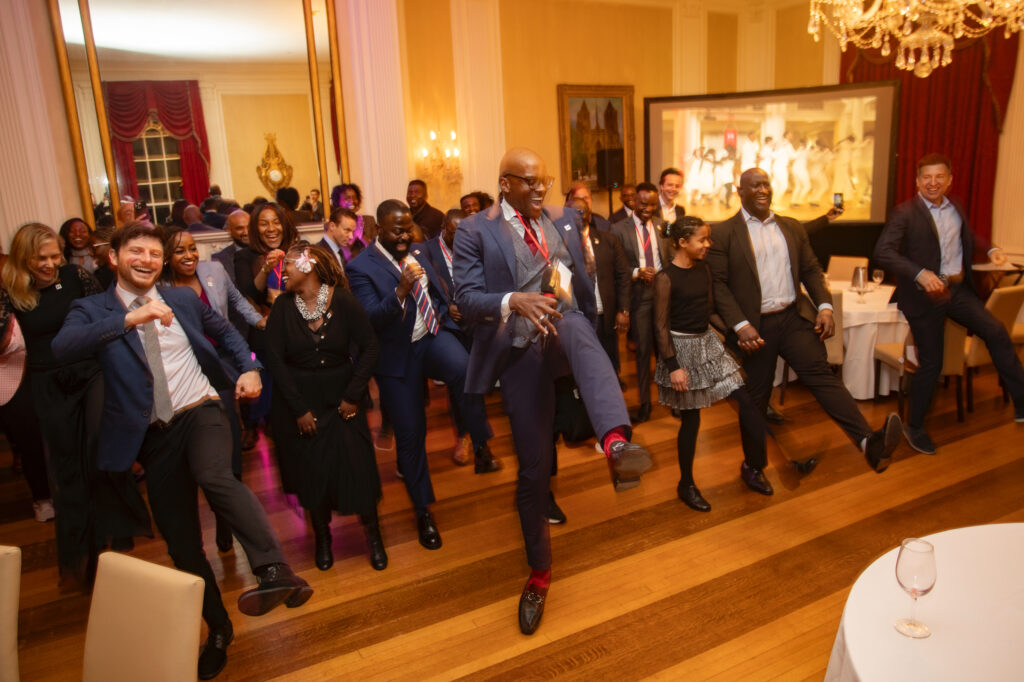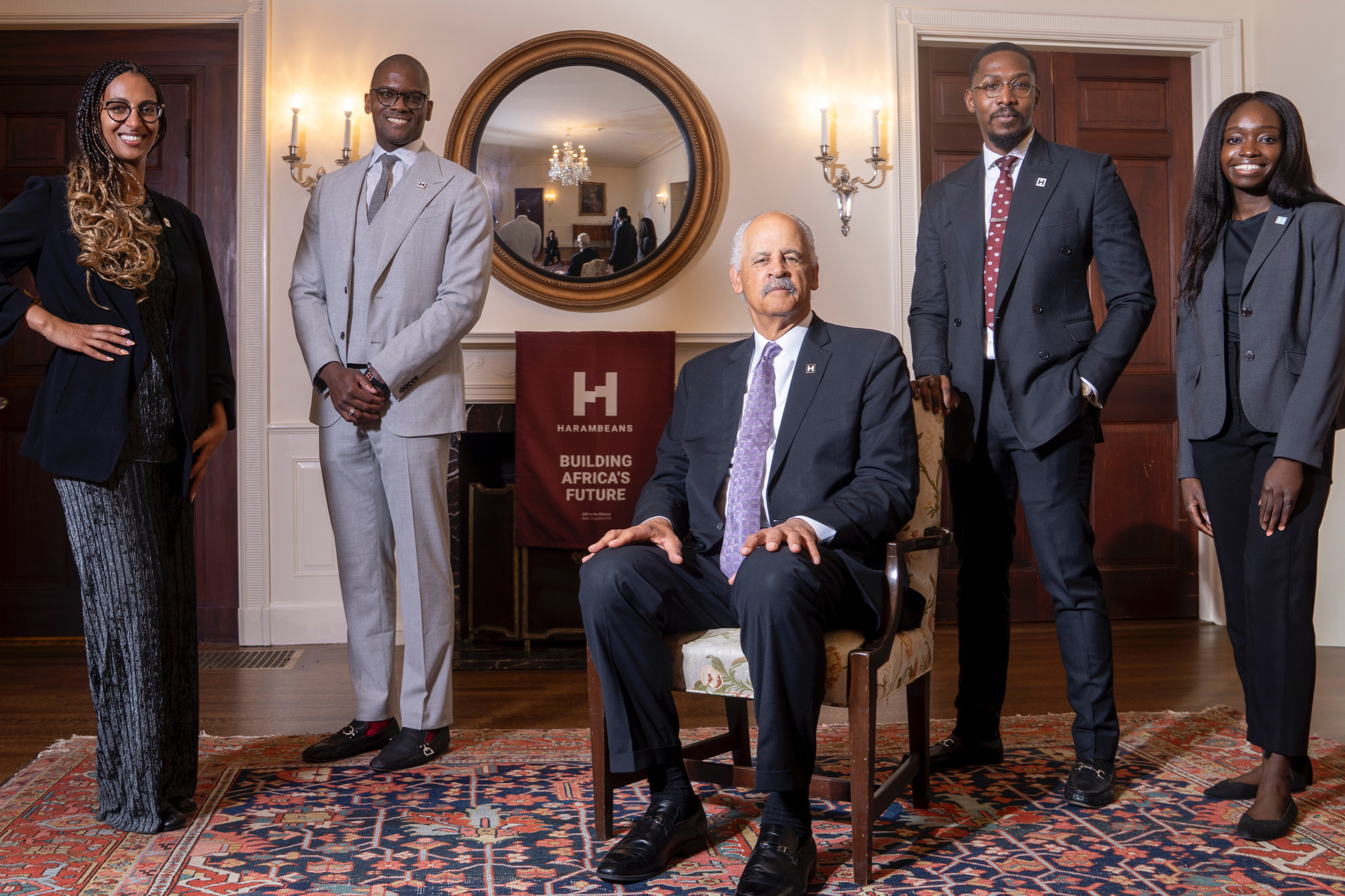By the time most investors hear about Africa’s next breakout startup, the insiders have already been to Cambridge.
Each spring, under the vaulted ceilings of Harvard’s Loeb House, once the private residence of university presidents, a quietly transformative event unfolds. Known as the Harvard Yard Reception, it’s part Demo Day, part diplomatic summit, and part cultural rite. And it has become the launchpad for a new generation of African entrepreneurs poised to reshape the continent’s economic future.
Now in its 14th year, the gathering has evolved from an academic reception into what insiders call “Africa’s Davos, in miniature.” There are no flashy decks, no headline sponsors, just 20 to 25 of the continent’s most promising startup founders, the incoming class of Harambeans, presenting their visions to a room of global investors, public-sector leaders, and academic elites. It’s invitation-only, intellectually rigorous, and strategically electric.
A Nexus of Power and Possibility
Loeb House, once home to Harvard giants like Charles Eliot and James Conant, now hosts a new kind of leadership, one forged in Nairobi fintech labs, Lagos health tech hubs, and Cape Town’s climate corridors. It’s here that the next Flutterwave or Andela might quietly debut, long before Series A funding is in sight.
The format is brisk, elegant: each Harambean founder has just a few minutes to articulate not just what their startup does, but why it matters. It’s less about traction metrics and more about tectonic shifts, financial inclusion, digital infrastructure, health equity, climate resilience. In a world increasingly awash with pitch competitions, the Harvard Yard Reception stands out for what it doesn’t try to be: flashy. Instead, it delivers signal over noise.
What Was Once Local Is Now Global
What began as a modest convening of Harvard and MIT students has become a magnet for global stakeholders. In 2025, guests arrived from Silicon Valley, Milan, Nairobi, and Casablanca. In the crowd: venture capitalist Pardon Makumbe, Cisco executive Brian Tippens, White House envoys, and academic powerhouses. Even author, civic leader and Harambean Advisor, Stedman Graham mingled with first-time founders over cocktails.
The eclectic mix reflects what Harambeans have always stood for: borderless thinking and cross-sector partnership. With over 5,000 applicants each year, the selection is highly competitive, pulling alumni from institutions like Stanford, Yale, and Oxford. But admission isn’t about pedigree alone. It’s about purpose, and the ability to execute big, sometimes continent-shifting ideas.
Harambean Dance: A Joyful Rite of Passage

As night falls and the final presentation wraps, formality gives way to festivity. That’s when the Harambean Dance begins, a spontaneous, spirited celebration of belonging that feels more Zulu than Ivy League. And that’s the point. It’s not a finale, it’s a beginning. A moment of joyful affirmation that these founders are now part of a global network that extends far beyond the marble columns of Loeb House.
What follows are ventures that raise millions, employ thousands, and, if history is any guide, shift the narrative of what’s possible for the continent.
Before the Headlines, There’s Loeb House
In a time when capital and talent are borderless, the Harvard Yard Reception has become a quiet predictive engine. It doesn’t just reflect where African innovation is, it hints at where it’s going.
So while most of the world waits to read about Africa’s next unicorn, a smaller, sharper, and slightly better dressed crowd already knows. They were in the room.
